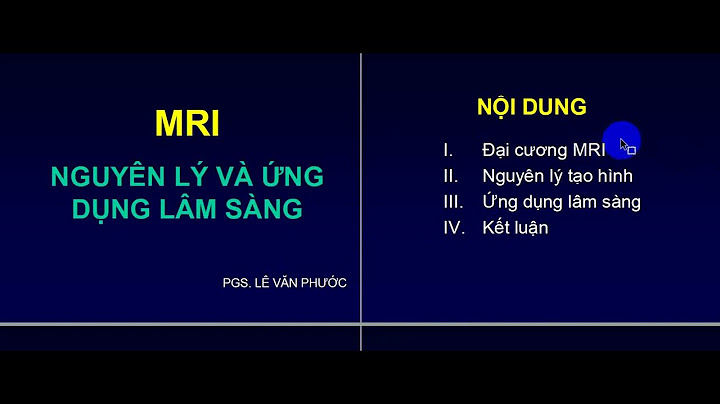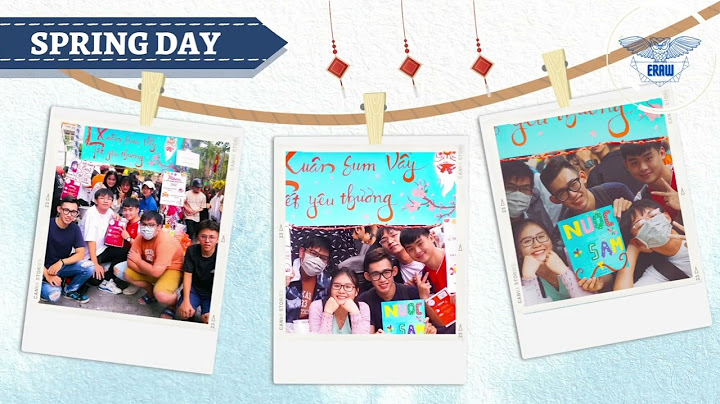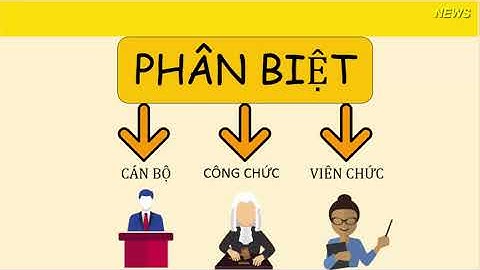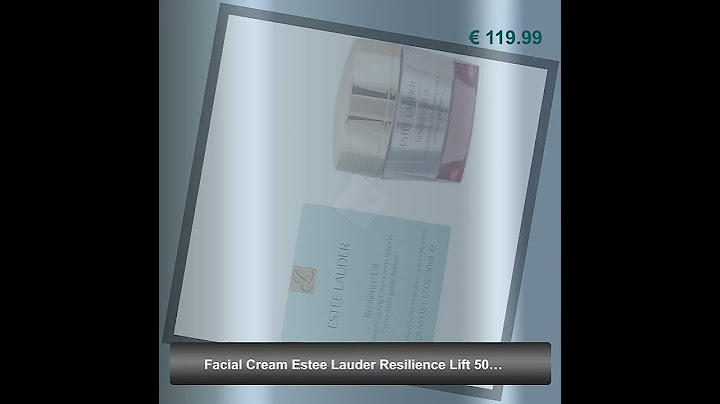câu tục ngữ Bạn nên do dự khi tin người vừa lừa bạn. Có phải Ralph sẽ lại lao ra từ sau cánh cửa đó không? Nào, lừa tui một lần, xấu hổ về bạn; lừa tui hai lần, xấu hổ về tui .. Xem thêm: lừa, trên, xấu hổ Lừa tui một lần, xấu hổ về bạn; lừa tui hai lần, xấu hổ về tôi.Prov. Sau một lần bị lừa, bạn nên cảnh giác, kẻo người đó lừa bạn lần nữa. Fred: Bạn có muốn một lon đậu phộng không? Jane: Hộp đậu phộng cuối cùng mà bạn đưa cho tui có một con rắn đồ chơi trong đó. Fred: Cái này thực sự là đậu phộng. Jane: Lừa tui một lần, xấu hổ về bạn; lừa tui hai lần, xấu hổ về tui .. Xem thêm: lừa dối, trên, xấu hổ. Xem thêm: This article was reviewed by Gerald Posner and by wikiHow staff writer, Jessica Gibson. Gerald Posner is an Author & Journalist based in Miami, Florida. With over 35 years of experience, he specializes in investigative journalism, nonfiction books, and editorials. He holds a law degree from UC College of the Law, San Francisco, and a BA in Political Science from the University of California-Berkeley. He’s the author of thirteen books, including several New York Times bestsellers, the winner of the Florida Book Award for General Nonfiction, and has been a finalist for the Pulitzer Prize in History. He was also shortlisted for the Best Business Book of 2020 by the Society for Advancing Business Editing and Writing. This article has been viewed 107,568 times. "Fool me once, shame on you. Fool me twice, shame on me," is a common proverb, but what is it really saying? Maybe you read it in a book or heard a friend use it in conversation. Don't worry—we'll explain exactly what "fool me once" means and tell you how to use it.
In 2002, Bush was giving a press conference defending the Iraq War. He famously misquoted the phrase and received a lot of teasing for it. Here's exactly what he said: Cậu nghĩ sao về những người bạn thân xung quanh cậu,hãy nói về vài người gần gũi với cậu đi.Xem có tôi trong đấy không? :-wBạn thân của t thì đều lắng nghe và rộng lượng trước những sự khó chịu khó gần khó tính khó ở của t. Giờ ít thời gian nên không còn gần gũi nhiều với mọi người nữa, thỉnh thoảng inbox nhau tâm sự vài chuyện dặn dò là đủ thấy ấm lòng rồi. "Fool me once, shame on you; fool me twice, shame on me" = lừa tôi lần một, lỗi do anh, lừa tôi lần hai, lỗi do tôi -> nghĩa là sau khi bị lừa, người ta nên cảnh giác hơn để không bị lừa nữa. Ví dụ “This is a good example of fool me once, shame on you; fool me twice, shame on me,” ends Sangster. “This isn’t the first cyber blemish (nhược điểm) in Marriott’s logbook (sổ lộ trình). Beyond the penalties, Marriott will likely find itself in a protracted (kéo dài) legal battle with underwriters to receive insurance coverage again.” “Fool me once, shame on you, fool me twice, shame on me” sprang to mind when I heard Richard Branson demanding a bailout (cứu trợ tài chính) for the airlines. It’s over a decade now since we bailed out the banks and what thanks did we get? Outrageous bonuses continued aplenty while better treatment of customers and communities there was not. Falmouth Town Meeting Members forget the old saying Fool me once, shame on you. Fool me twice, shame on me. Indeed, shame on all of them for buying into the omission (bỏ sót) of facts over the past twenty years. |




















